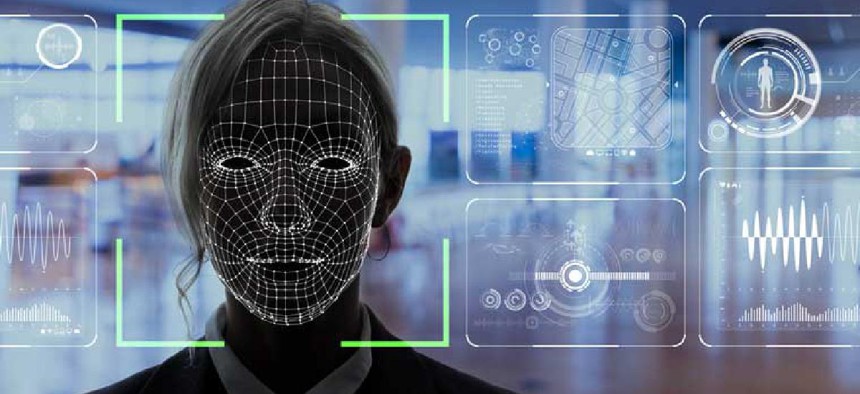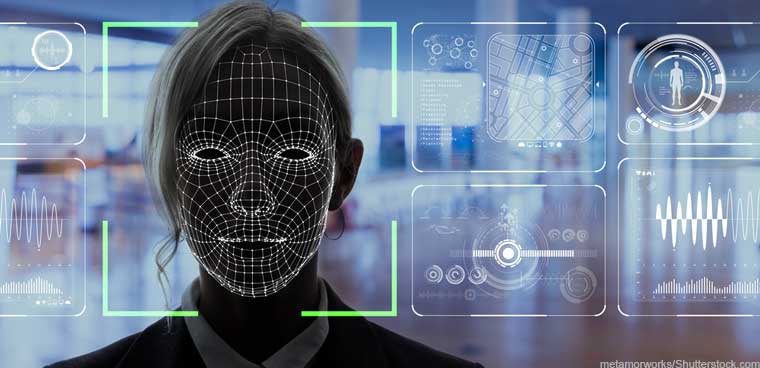Microsoft president calls for government oversight on facial recognition

The tech industry leader is worried that potential abuses of facial recognition technology could diminish enthusiasm for positive and practical uses in commerce and law enforcement.

Microsoft President Brad Smith wants Congress to begin crafting legislation to address risks in facial recognition technology, including potential bias, violation of privacy and use of the tech could diminish democratic freedoms and human rights, Smith said Dec. 6 at the Brookings Institution.
"The time to put a regulatory floor in place is now," Smith said.
New regulations would foster public trust in the technology, and help support practical use cases including identity verification for financial institutions and helping law enforcement locate missing individuals, he said.
"We should be thoughtful here because [facial recognition technology] will be important in addressing public safety," he said. "But we need to strike a balance…. between safety and our democratic freedoms."
Smith backed a warrant requirement for the use of facial recognition technology to track individuals in public spaces, except in cases where there is reasonable suspicion of imminent risk of death or serious injury.
On privacy, he suggests individuals should be notified before entering a space that is using the technology.
Bias and accuracy concern Smith as well. Multiple independent tests how shown facial recognition algorithms can be biased when it comes to identification across race and gender. The government should use regulation to impose rules on transparency to help address these issues, he suggested. Rules could require companies to let consumers know the accuracy numbers of the tools they are producing. And requiring companies to make the algorithms accessible through a public API would allow for the technology to be assessed by independent their-parties, he said.
"What we need to do is put laws in place to ensure that people can act in an informed way," he said.
Smith said he didn't expect Congress to act on facial recognition in 2019, but state level legislation is a possibility for next year.
Having a privacy law passed by Congress that includes a section on facial recognition would be an ideal step, but he acknowledged he was more optimistic about the passage of legislation at the state-level in 2019.
In a blog post published to coincide with the speech, Smith wrote that Microsoft plans to adopt six principles meant to address some of these concerns. These principles are fairness, transparency, accountability, nondiscrimination, notice and consent and lawful surveillance. The company plans to have the new principles in place by March 2019.
Lawmakers are paying attention to civil rights issues arising from the use of facial recognition technology has begun to catch the attention of lawmakers. In a Nov. 29 letter to Amazon CEO Jeff Bezos, eight Democratic lawmakers sought assurances that the company's Rekognition algorithm is tested for bias and accuracy. The signers of the letter are worried that the technology, "places disproportionate burdens on communities of color, and could stifle Americans' willingness to exercise their First Amendment rights in public."
Amazon's technology, which has been used by multiple law enforcement agencies, has come under scrutiny after the American Civil Liberties Union ran a test that resulted in 28 members of Congress being matched with individuals who had been arrested for a crime. Amazon said the ACLU wasn't using the technology correctly.


